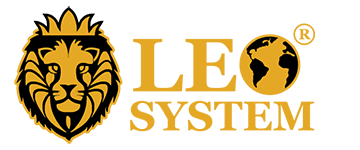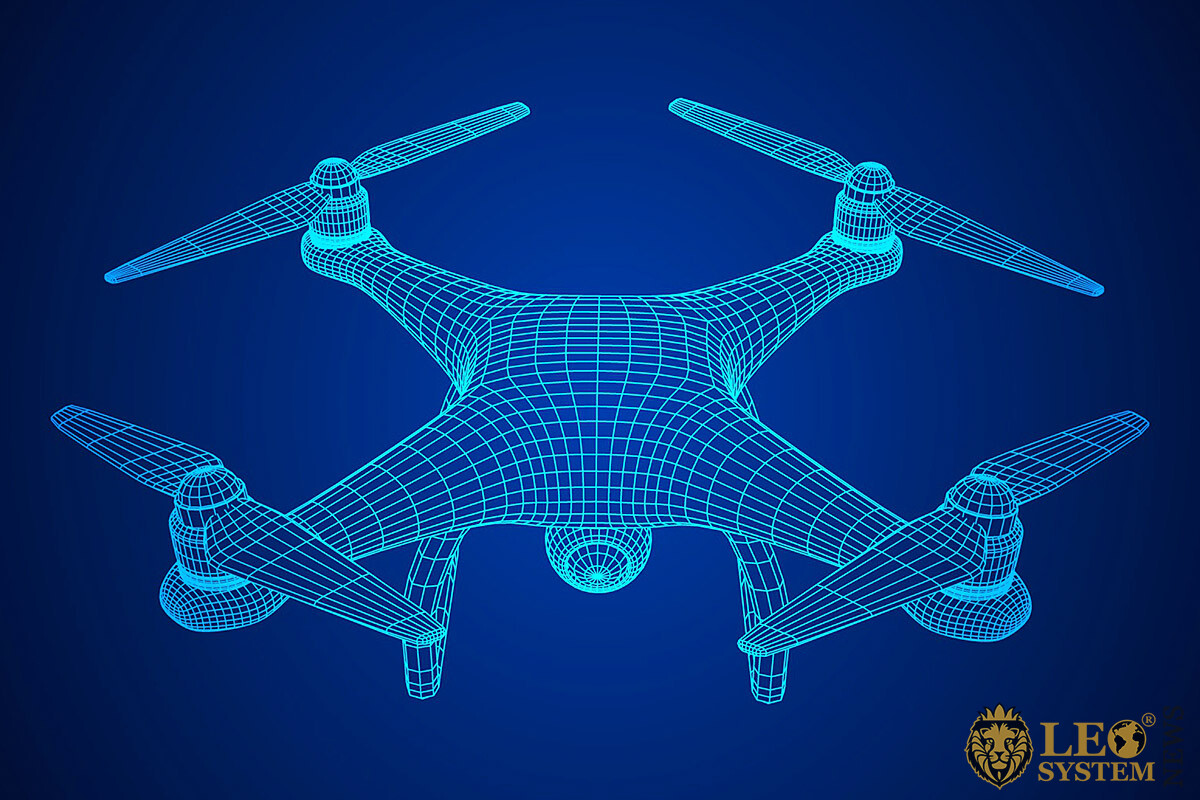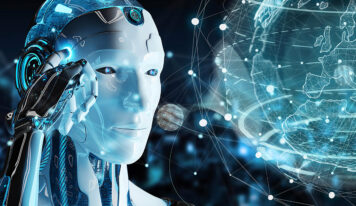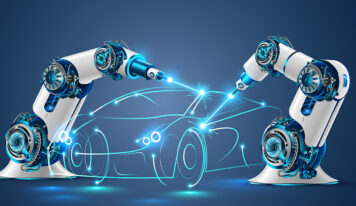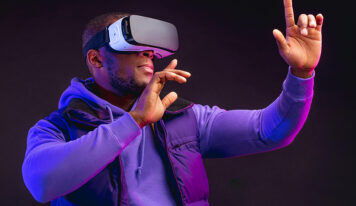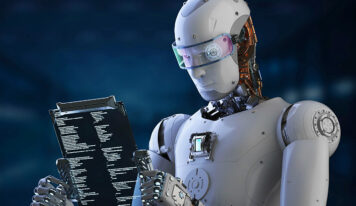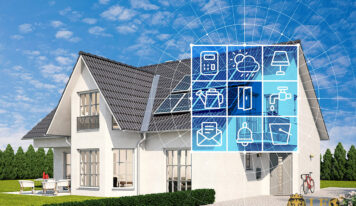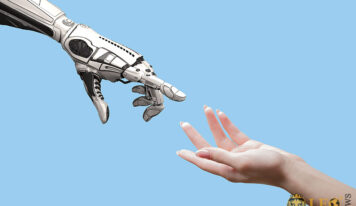Digital technology encompasses a number of innovative technologies powered using computer devices. Although it may not seem like it, digital technologies in the modern world have only become prominent in the past few decades.
We will be discussing the most prominent examples in this article.
Revolutionizing Agriculture.
Agriculture was one of the most important discoveries in human history. It meant that humans no longer had to be nomadic foragers, instead, they could settle down in fixed locations for long periods of time. Thus allowing them to advance technologically.
No matter how advanced our society becomes, we will still depend on agriculture for food and materials such as timber. The digital revolution is helping to make agriculture much more efficient and accessible.
Using digital technology, farmers can actively track the health and progress of the products that they are growing. Furthermore, they can install systems that will automatically water plants when needed. Apart from being cost-effective, but it also guarantees that you will be able to attain a higher net yield.
The digitization of agriculture goes hand in hand with the move towards urban farming. Through urban farming, entrepreneurs can bypass rising land prices, which can cause food insecurity. You no longer need to own vast swaths of land in order to run a profitable farming business, instead, you need is some rented space in an urban farm building.
Content Tailored to You.
If you are a customer of major social media companies, streaming services, or online marketplaces, then you have benefited from the personalized content that is possible thanks to algorithms. Now, when you log into such a digital service, you will be immediately welcomed by content that you will likely be interested in.
This is beneficial both to you and the company. You will be using their platform for much longer, which is great for platforms that make their money from advertising, as well as spending more money in the case of online marketplaces.
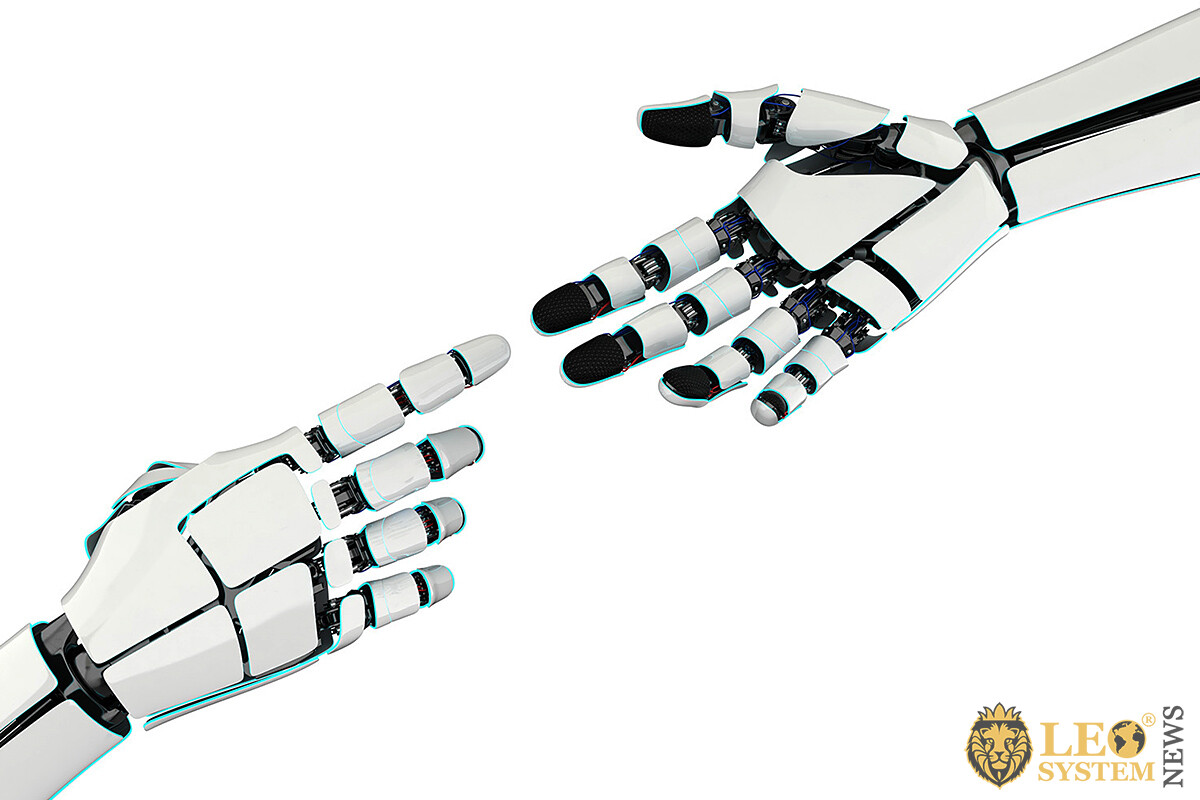
On the other hand, you are going to be receiving a better service. You will no longer have to browse tirelessly to find something that interests you or that you need.
All of this is possible due to the large number of data that companies collect about their users. As a result of this, firms are able to understand what each individual user values, as well as further improve their service to suit them.
More Accessible Healthcare.
Until recently, you would have had to book an appointment for a non-emergency consultation with a health professional. Now, within just a few minutes, you can consult with a trained professional from the comfort of your home. There are now hundreds of healthcare providers that allow you to pay for consultations over the computer or your smartphone.
The benefits of this are particularly large for individuals that may not have the time to travel to a clinic due to responsibilities such as work and childcare. Due to this, it will also end up being much cheaper since you do not have to pay for travel as well as the opportunity cost of using your time elsewhere.
The digitization of healthcare has been especially valuable to individuals suffering from mental health issues. Sufferers of mental illnesses can now chat to licensed consultants that can advise them on the best ways to cope and improve their quality of life.
Popularization of Metaverses.
A new development in the digital world is metaverses, a type of interlinked virtual world that millions of people can be a part of. It is like a video game, except that many visionaries believe that it is the next phase of social media or even the internet. The vision is that one day, everyday people will be able to work, attend concerts and even build real businesses inside those metaverses.
Metaverses will likely be taken to the next level through the use of Virtual Reality (VR) equipment. Apart from simply being part of the metaverse on a screen, you will be able to fully immerse yourself.
It may seem like something from a sci-fi novel, however, many of the biggest tech companies are working on technology to realize this very concept. It will integrate digital technologies in the modern world by creating another layer to our current reality.
Decentralized Financial Assets.
Complicated financial assets can now be hosted, organized, and traded thanks to digitization. The computing power and administration of these assets can be delegated to many of the computer devices using computer devices.
Decentralized financial assets can come in many forms, the most well-known of which are crypto currencies. However, they can also come in the form of loans, insurance, and financially-backed contracts. The benefit of this digitally-enabled decentralization is that the market is able to find the most efficient way to operate. A single entity is not able to manipulate the prices as well as decrease the efficiency of the offering.
Moreover, there is full transparency over the dealings, and because there is no market maker you have no exorbitant fees to deal with. Allowing for individuals and businesses to conduct secure deals all over the world without any extra cost.
Cybersecurity at the Forefront.
As the world has become more digital in nature, the need for adequate cybersecurity has also become much in demand. The most at risk are large organizations and businesses. The cost of being a cybersecurity victim is not just monetary, but reputational. Large organizations hold a lot of personal and payment information for sometimes millions of customers that can be used by criminals for fraud.
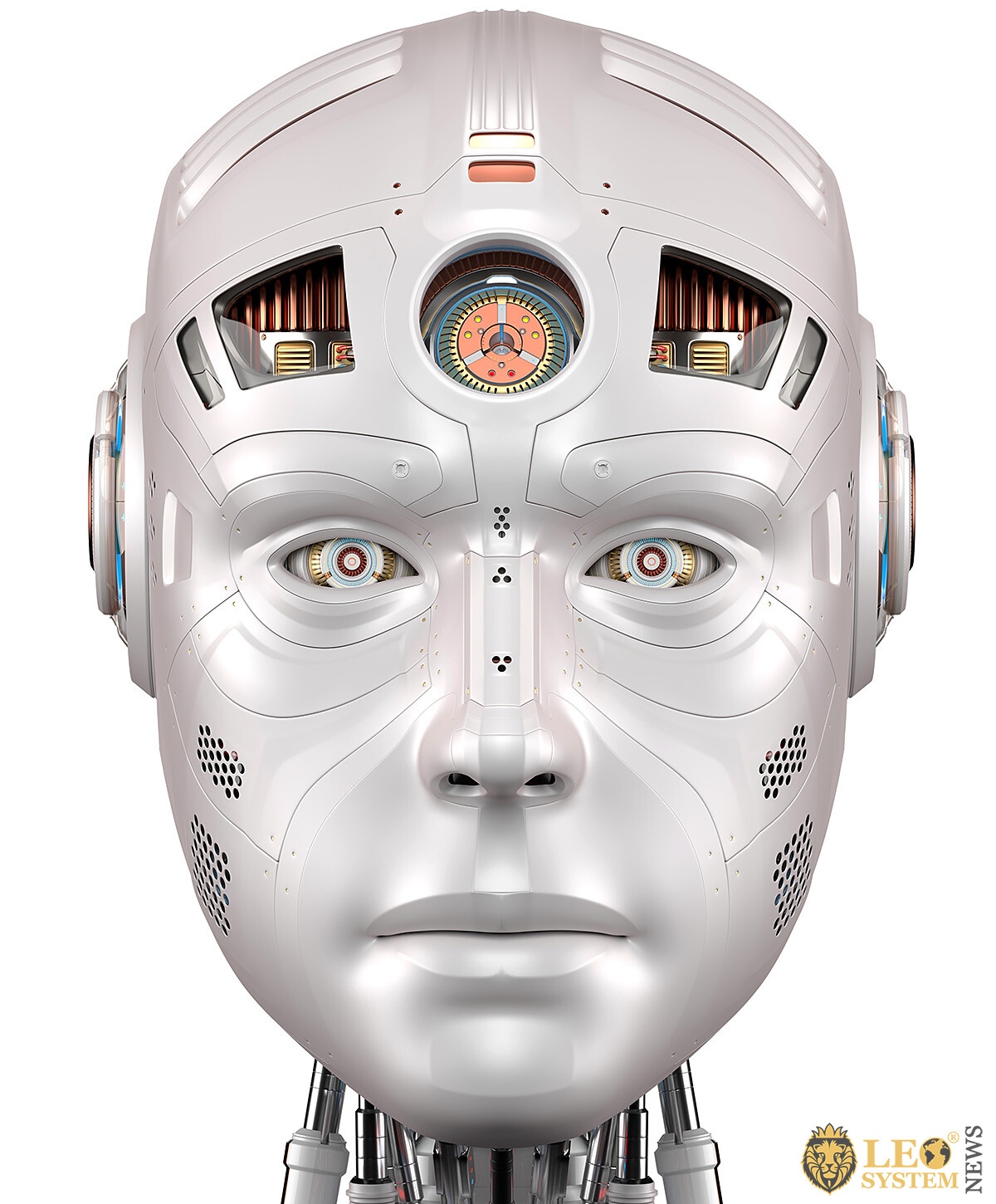
Unsurprisingly, the cybersecurity industry worldwide is worth over one hundred billion dollars. And it will for sure keep growing as our lives become more digitized and much more of our personal information is hosted in the digital world. It is a new unavoidable reality that you must pay attention to your cybersecurity as you would traditionally make sure that your home is secure.
Internet of Things.
The internet is something that everyone reading this article would be accustomed to. As time goes on, this will expand into what is known as the ‘internet of things’, a network of different internet-connected appliances that can share information between each other and be remotely controlled. This is the future of digital technologies in the modern world.
The advantages of the internet of things are not just limited to homeowners that can turn on their speakers using their smartphone. In fact, the benefits will likely be much larger for businesses.
Corporations will be able to be more efficient, for example, when a dough mixer in a bakery is running out of an ingredient it can send a signal that it needs to be refilled soon. This means that the dough mixer will not have to turn off every time it runs out of an ingredient.
Using the internet of things, the currently manual everyday tasks can be minimized altogether. Furthermore, the appliances will share data in-between themselves, allowing them to alter their activities to suit this. Such as lights dimming or flickering when playing certain genres of music.
With the opportunity to collect data through the internet of things, previously mundane machines will have more uses beyond the actions that they have been designed to perform.
Read the article: How Has Technology Changed People’s Lives?
